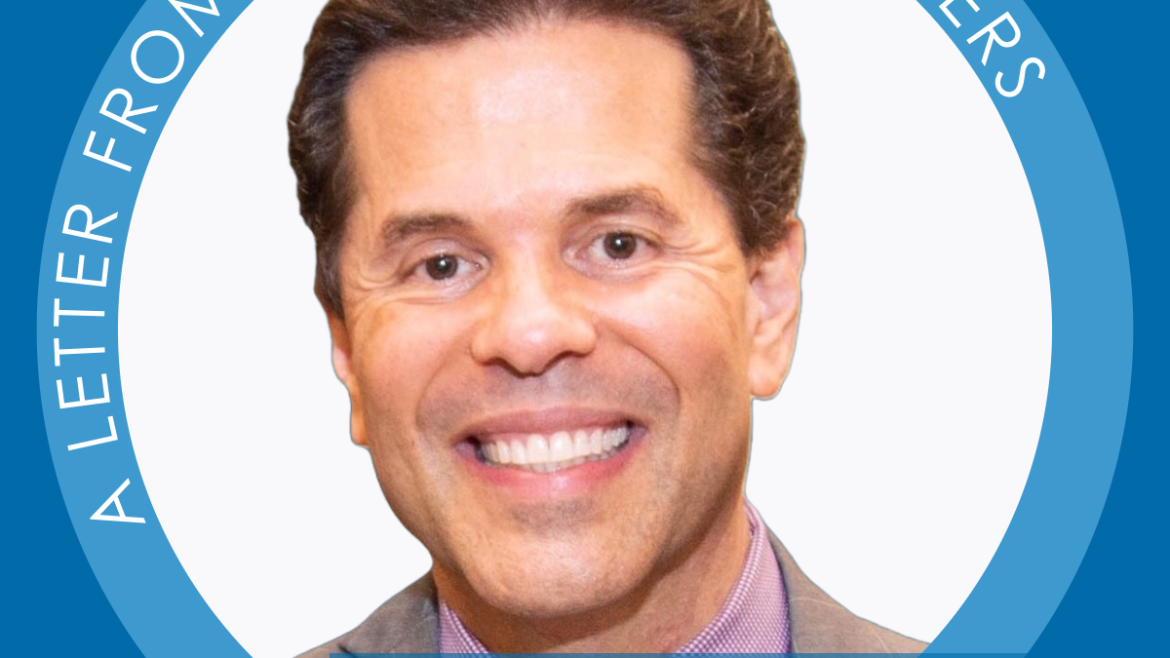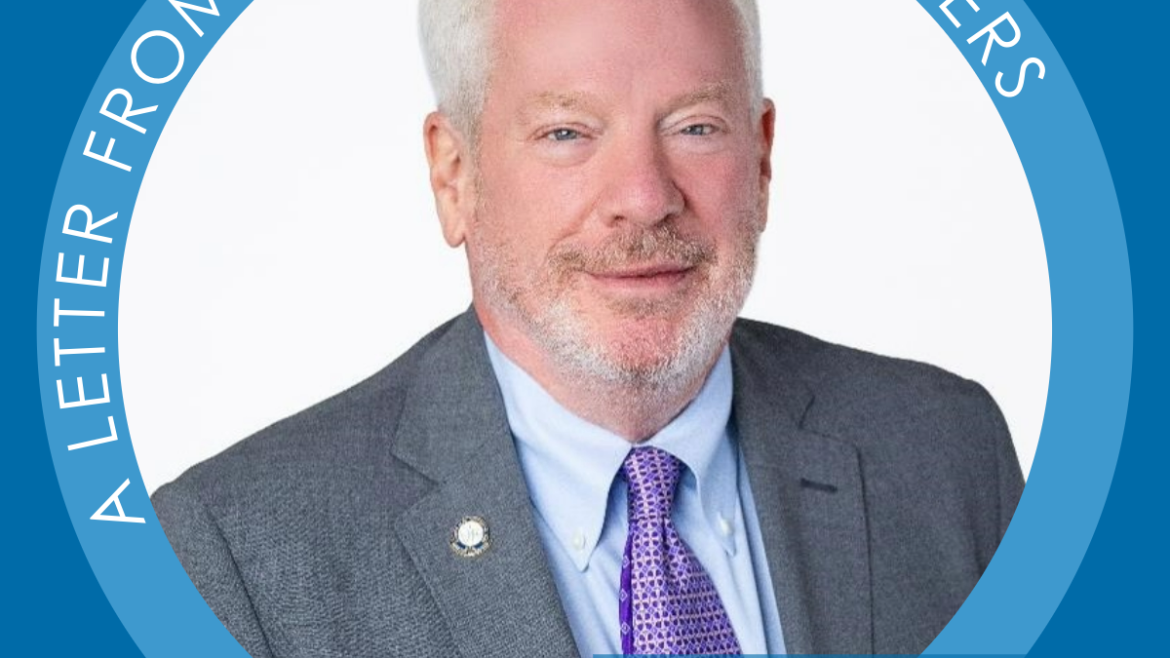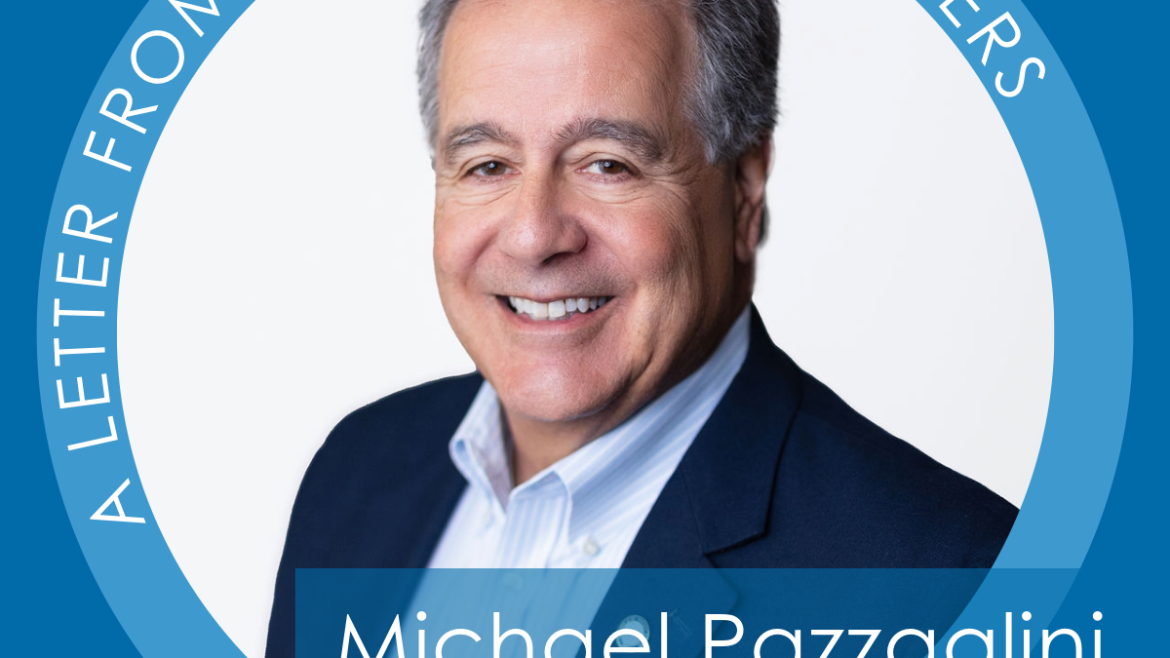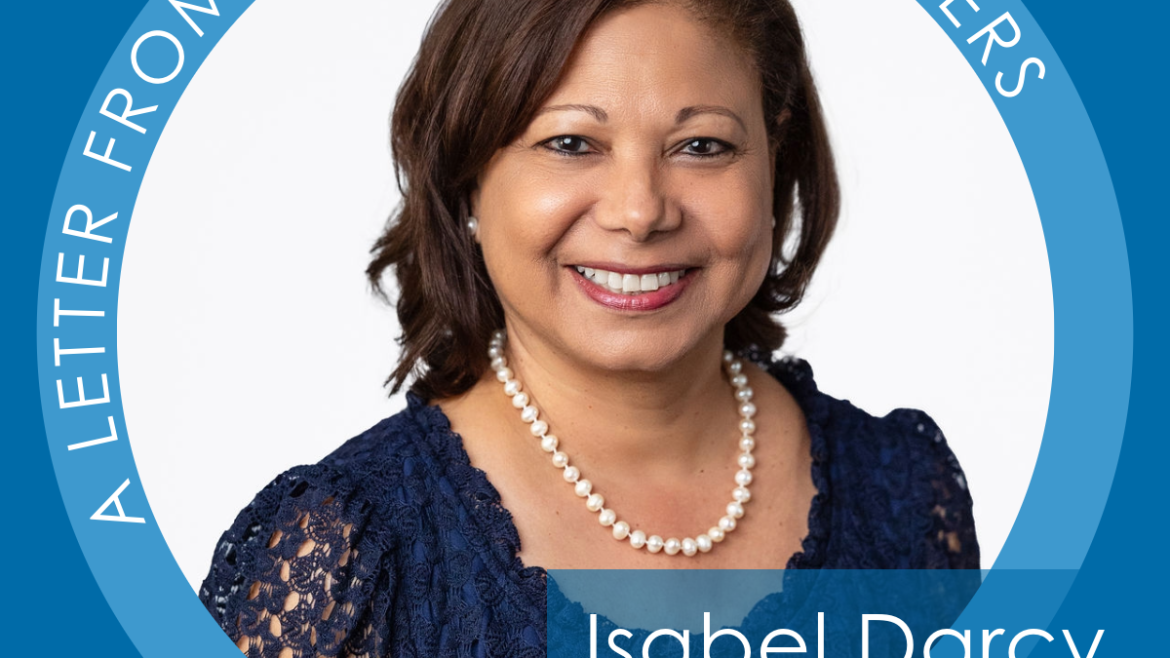Thankful for You!
As Thanksgiving approaches, our Vincentian family has so much to be thankful for. This time of thankfulness is a wonderful opportunity for all of us to do an inventory of the blessings in our lives. Recognizing all of our blessings assures us of God’s love for ourselves and the important work we do in serving those in need.
As your new CEO, I have been blessed with the opportunity to witness our Vincentian family in action around the country. I have seen our members putting their faith and love into action in an extraordinary way.
This week, Vincentians from around the nation gathered in St. Louis for our Invitation for Renewal leadership retreat. When the retreat kicked off, I visited with attendees and saw the Vincentian spirit of friendship with a rich desire to grow and spread the charism of the Society throughout our great country.
In last week’s e-Gazette, John Berry reminded all of us of the importance of everyone taking part in Vision SVdP. Again, this year his invitation to us has been to participate in a “A conversation guided by, blessed by, and driven by God through the Holy Spirit.”
Next year, we will celebrate the 180th anniversary of our Society in the United States. The ongoing national conversation will fuel our adaptation to the ever-changing world we live in.
In 20 years, at our 200th anniversary celebration, it is our hope that our Society’s leaders will look back at 2025 as the year we ignited our organizational rocket engines and propelled our Vincentian efforts to a whole new level, built on all the wisdom you have shared with our National Council through Vision SVdP.
As Thanksgiving draws near, Vincentians around the country are responding to need in many ways that prevent homelessness and unnecessary suffering. We are bringing food boxes filled with Thanksgiving meals to those who suffer from food insecurity, serving hot meals to those in need, making Home Visits to those who may be facing eviction, and providing countless other services. Last year, our Society responded to need by providing over $1.7 billion in services to those who desperately needed to feel God’s love through us.
We continue to see the need growing throughout the country, and we expect the higher demand to continue in 2025.
Those we serve need the bright light of hope and compassion, and that is what we are giving every time we have the blessing of an encounter where we provide food, clothing, rent, prescription assistance, or other critical help. We are showing that everyone we serve is important to us, and we care about them.
Every time you help someone in need, you are following your heart, and we are so thankful for every Vincentian and supporter of our Society.
During these tough economic times, we appreciate your support more than ever. Please accept our heartfelt thanks for all you do. May God bless you and your family this Thanksgiving and may the blessings you share with others come back to you a thousand times over.
At this special time of year, we should remember we are One Society, and together pray for the continued success of your Conference, your local Council, and our National Council!
Best wishes in Christ,
Michael J. Acaldo
National CEO




